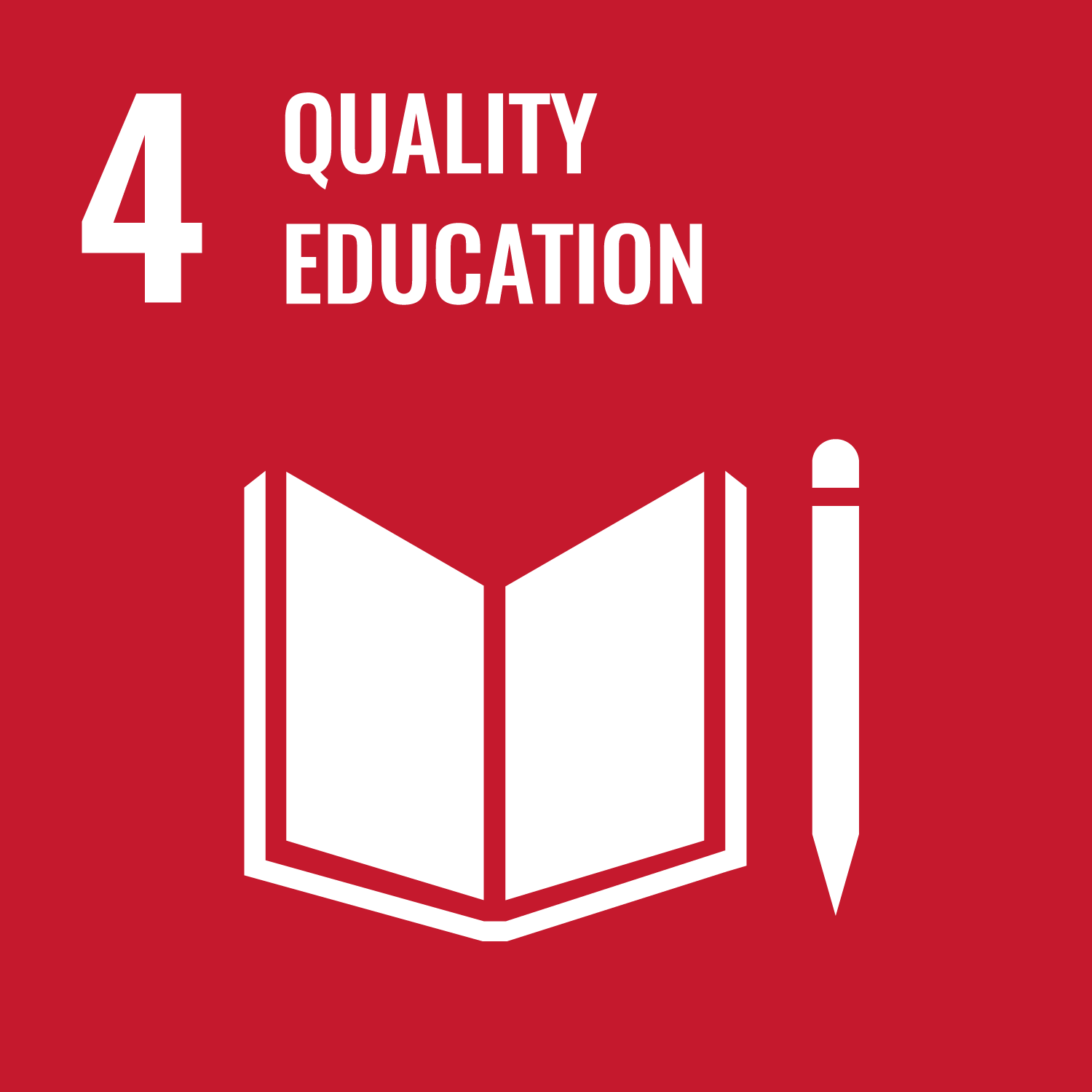 Mexico-Uruguay Early Childhood Initiative
Art, Human Rights and Citizen Coexistence
Mexico-Uruguay Early Childhood Initiative
Art, Human Rights and Citizen Coexistence

Challenges
The city of Ciudad Juárez, Mexico has been one of the municipalities most affected by violence over the last few years. High homicide rates have left a significant number of orphaned children. They are neglected by their families and teachers and also by public policies. Children and adolescents experience family- and gang-related violence, stress, anguish and anxiety, as well as other disorders and addictions. These issues are reflected in school violence, bullying and other behavioural problems.
Towards a Solution
To address this challenge, Mexico and Uruguay developed an initiative ”Early Childhood: Art, human rights and citizen coexistence” to strengthen human rights education from early childhood through art in schools located in violence-prone areas intended to reduce all forms of social discrimination.
The initiative targeted children from 3-8 years old, their families, teachers and tutors and sought to achieve the following SDGs: SDG 4 (Quality Education), SDG 16 (Peace, Justice and Strong Institutions), and SDG 17 (Partnerships for the Goals).
Each participant/partner – Montevideo, the capital of Uruguay, and Ciudad Juárez – addressed these objectives from different curricular and methodological strategies, which strengthened project ownership and helped improve the results. The starting point in both countries was to invite schools to join the project by carrying out activities to prevent violence and discrimination.
The main project activities were structured around two intervention areas. The goals were to:
- develop an artistic dimension in institutional education projects (Proyecto educativo institucional, PEI) by promoting a sense of belonging, cooperation and respect for differences within the learning communities; and
- enhance teaching skills by ‘problematizing’ teaching practices; that is, using case studies to solve an issue or a problem to contribute to children’s development in terms of creativity, emotional expressions and affection.
In general, the project was successful in advancing a pedagogical model that efficiently integrated art and human rights through a defined curricular content and an educational road map. The model proved suitable for implementing prevention actions targeted at children and adults and for developing workshops to train educators using a methodological guide. Although it is still too early to measure the actual effectiveness of those materials, they have become a permanent reference material for users.
In the pilot schools, four types of workshops were conducted for parents who were educated in performing arts (puppetry), visual arts and human rights.
Through each workshop, students were given tools to interpret stories using puppets. The main themes of the stories were human rights and prevention of bullying. Each school was equipped with didactic and literary material, a suitcase-theatre with puppets, an art mural and a course to make their own glove puppets.
The workshops helped the project achieve progress towards an effective pedagogical transformation by designing an intervention model in which the educational community was responsible for designing and putting into practice actions that integrate human rights and arts in each school. The teams formed in the training sessions provided inputs and produced working tools to address problems affecting priority groups (including families, children, co-workers and local organizations).
The training sessions yielded important results in terms of knowledge-building and acquisition. They also helped to develop practical capacities that increased the recipients’ critical abilities in reading, interpreting and understanding human rights perspectives.
In terms of sustainability, partnerships with other institutions and public entities were established in both countries. These have helped to ensure the projects continuity and its incorporation into the public agenda.
The project has produced two important achievements that will enable the results to be replicated:
In Mexico, the series of DENI programmes (www.deni. org.mx) is currently being produced. They incorporate the project’s themes in a language and format adapted to children and have been incorporated as a work tool in Mexican schools.
In Uruguay, under the National Human Rights Education Plan, the Ministry of Education and Culture has committed funds to finance additional hours for teacher training activities in Montevideo and follow- up in three new schools pilot.
Contact Information
Countries involved
Supported by
Implementing Entities
Project Status
Project Period
URL of the practice
Primary SDG
Primary SDG Targets
Secondary SDGs
Secondary SDG Targets
Similar Solutions
| NAME OF SOLUTION | Countries | SDG | Project Status | |
|---|---|---|---|---|
100% Online Electronic Apostille and Legalization Sharing Colombia’s effective e-government system with other countries in the region |
Mexico, Uruguay | 16 - Peace and Justice Strong Institutions | Completed | View Details |
360-Degree Awareness Tool to Fight COVID-19 Raising awareness and ensuring public wellbeing through a one-stop platform for fighting COVID-19 in Bangladesh |
Mexico, Uruguay | 16 - Peace and Justice Strong Institutions | Ongoing | View Details |
A Billion Brains: Smarter Children, Healthier Economies High Level Meeting on South-South Cooperation for Child Rights |
Mexico, Uruguay | 17 - Partnerships for the Goals | Completed | View Details |
ACP Business-friendly Supporting business-friendly and inclusive national and regional policies, and strengthening productive capabilities and value chains |
Mexico, Uruguay | 08 - Decent Work and Economic Growth 17 - Partnerships for the Goals | Ongoing | View Details |
Addressing Racial and Ethnicity-based Discrimination and Strengthening the Protection of Rural Afro-descendants UNFPA supports data disaggregation as a tool to fight racism and ethnic discrimination |
Mexico, Uruguay | 01 - No Poverty 02 - Zero Hunger 03 - Good Health and Well-being 05 - Gender Equality 06 - Clean Water and Sanitation 11 - Sustainable Cities and Communities 16 - Peace and Justice Strong Institutions | Ongoing | View Details |